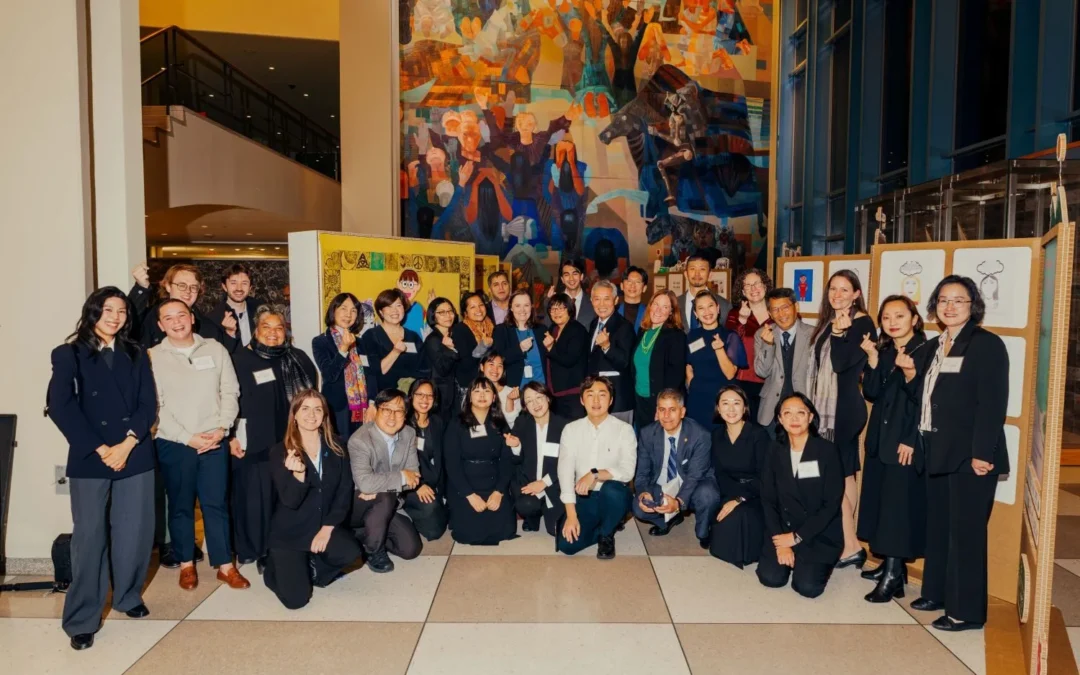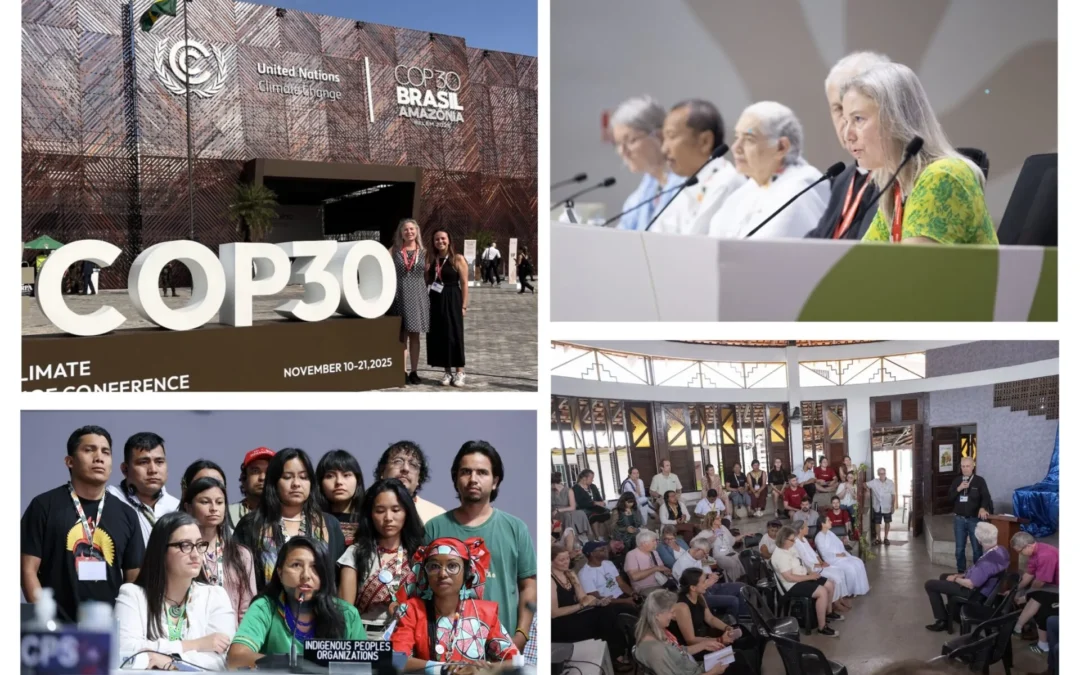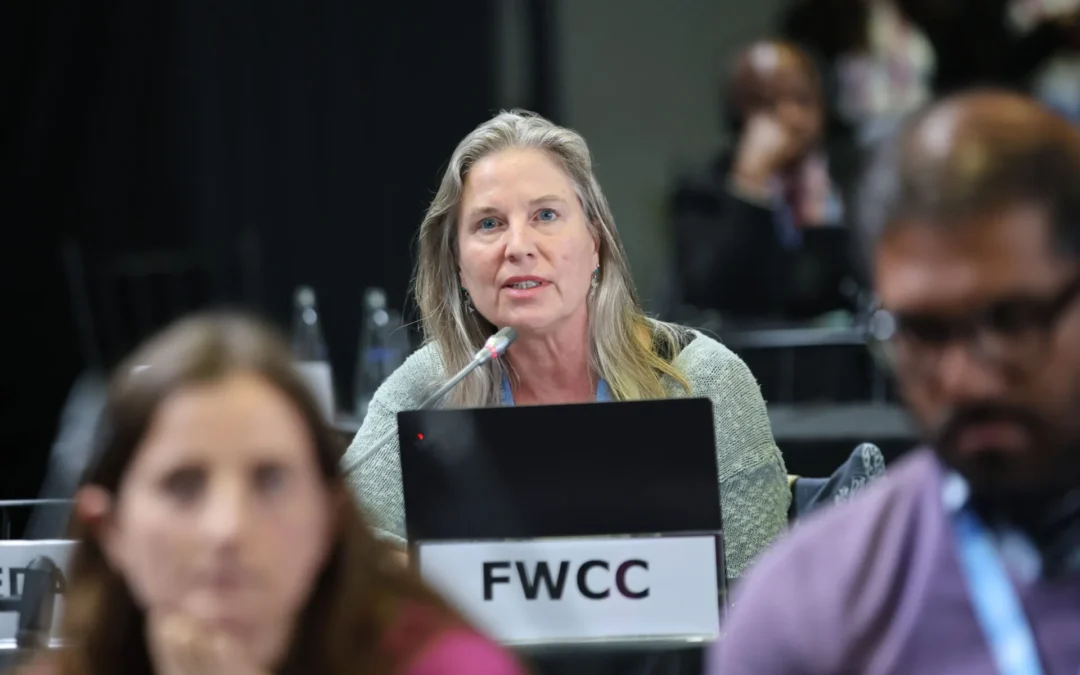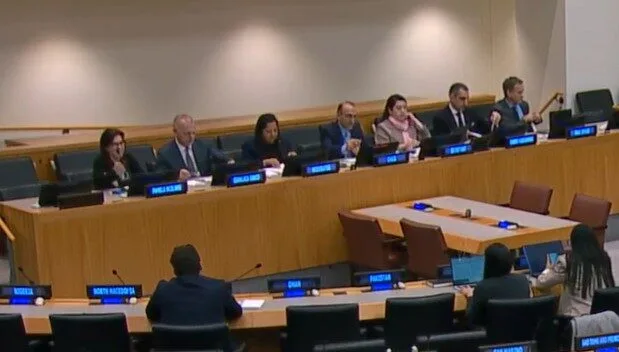Acknowledging that the world is moving towards increasingly complex crisis situations, which require ever more complex responses, the Quaker United Nations Office (QUNO) has increasingly focused on the role of sustainable and people-centered strategies for peace within crisis response – a priority that has been uplifted in QUNO’s 2020-2025 Strategic Plan. As a first step, staff initiated a research and learning process, consisting of desk research and the implementation of a listening exercise to better unpack how peace is understood within the UN system as it seeks to develop policy and practice in crisis situations.
Through the listening exercise, conversations were carried out with actors from UN Agencies, Funds and Programmes, Member States and civil society organizations over the course of 2021. This work sought to explore and understand actions taken or needed within crisis response to contribute to building environments conducive to peace, and considerations of how peace approaches can support efforts to respond to multidimensional crises. The publication, Building Peace in Times of Crisis, is the culmination of this work and outlines the learning, challenges and opportunities that emerged from QUNO’s research. Additionally, it identifies six recurring shifts that illustrate efforts already underway or that are needed to enhance the linkages between peace approaches and crisis response strategies, namely:
- Organizational, corporate or leadership level shift
- Mindset shift
- Program development and management shift
- Capacity and skills development shift
- Partnerships shift
- Funding shift
In addition to the full publication, QUNO has produced an Executive Summary of the report, which is available here.
QUNO hopes this publication will serve as a tool to assist colleagues as they grapple with policy and program development when seeking to contribute to peace in complex crises.






